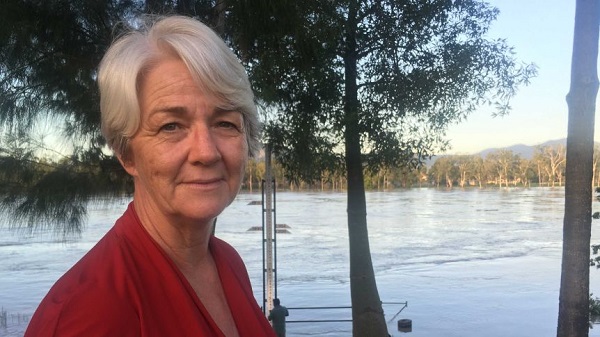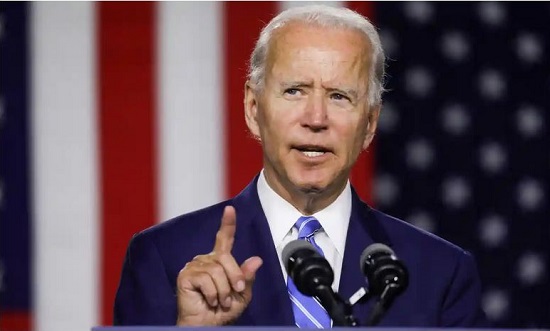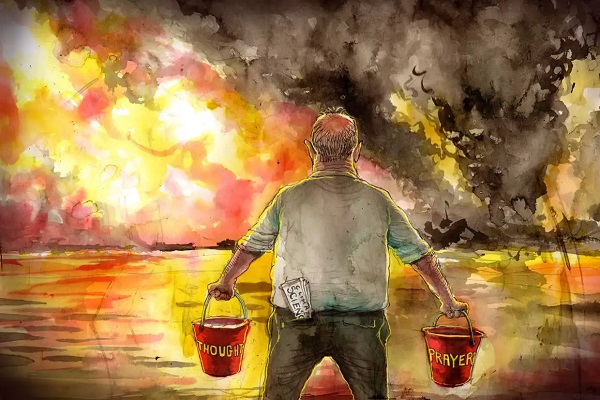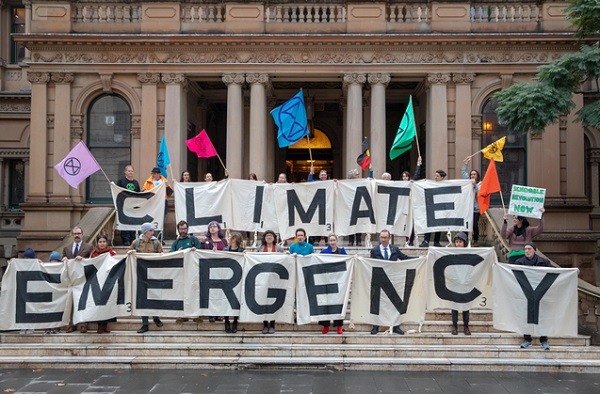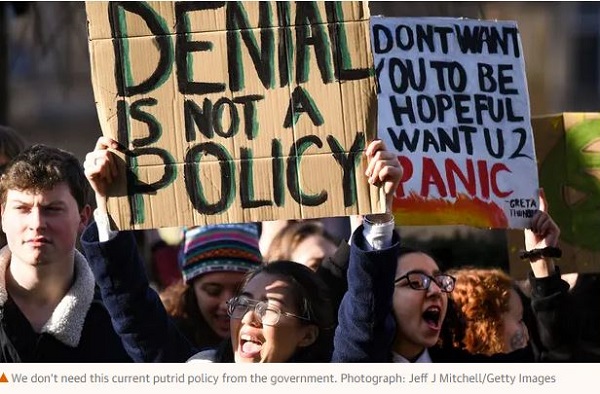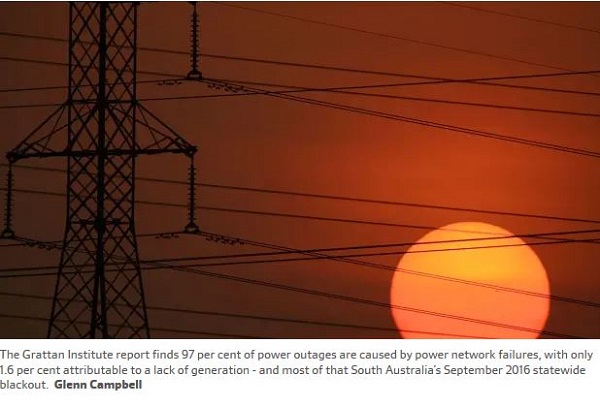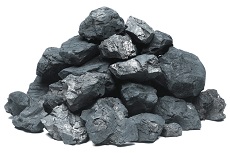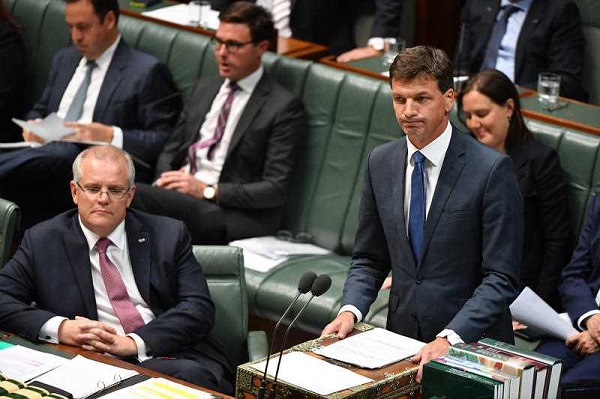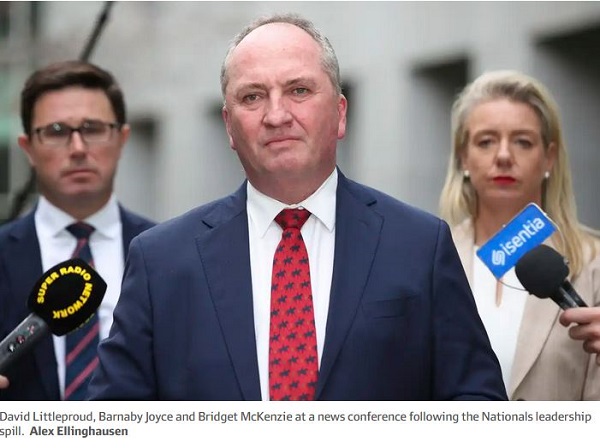
When Warren Truss was leader of the National Party from 2007 to February 2016, just about no-one in the general public knew who he was. That was one of the reasons why Barnaby Joyce succeeded him.
Now lots of people know a lot about Barnaby for a variety or reasons, and a saw enough of his successor Michael McCormack this week to realise he was simply not up to the job. The numbers that matter are the 21 members of the federal National Party room. More than half prefer Barnaby Joyce, warts and all. So we have Barnaby Joyce victorious in Nationals leadership challenge.
I have to say that his deputy, David Littleproud, looked absolutely miserable next to Barnaby on TV, although he says he was just cold. Word is that Matt Canavan moved the spill motion, and Littleproud’s support made the difference, in the interests of longer term stability.
If so, strange thinking. As Jennifer Hewitt says in the AFR today:
The public will now have a front row seat at Joyce’s more explosive brand of political fireworks. And he does bear grudges.
Continue reading Barnaby is back →





